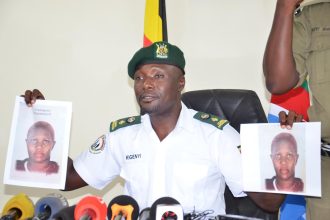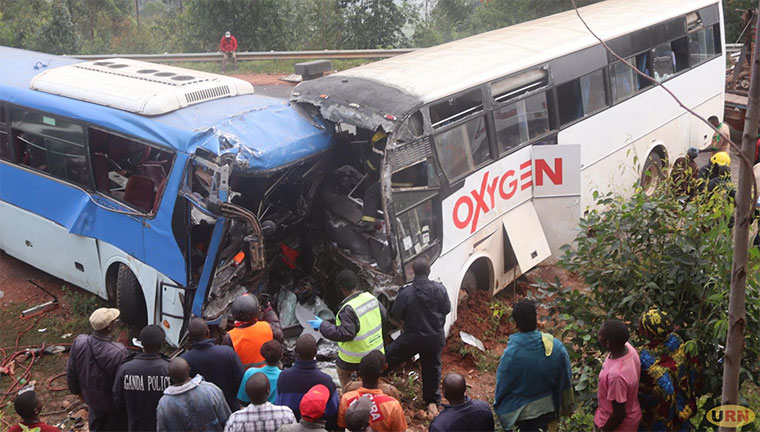The Bamasaba community lacked centralized leadership for approximately 500 years, leading to a period of lawlessness and absence of centralized cultural guidance. As a segmented society, Bamasaba focus was primarily on farming and low-level trade, often in barter format, to obtain goods we could not produce from neighboring communities.
The assertiveness of the Bamasaba in national politics can be traced to the periods of independence and the issue of land boundaries between the Bamasaba and the Bagwere. It took the efforts of a notable figure, a medicine man from Bududa named Manyu, to neutralize our aggressive neighbors, the Bagwere, in the early 1960s when they were advancing aggressively towards Mount Wanale.
In the early 1960s, President Obote aimed to counter the influence of traditional institutions, such as the kings of Buganda and Busoga, who had entered mainstream politics and posed a threat to his presidency. To counter their influence, he encouraged communities needing cultural leaders to identify them. This led to the intrusion of cultural leadership into politics.
However, after Obote lost influence and faced opposition from kings like those of Bunyoro, Busoga, and Buganda, along with alliances with generals like Brigadier Opolot, he abolished the cultural leaders. This marked the end of such leadership, and the unitary constitution dealt the final blow to these efforts.
In politics, you often oppose what your opponent supports. Museveni made significant promises to the Baganda, pledging to restore the Kabakaship to them. The Baganda supported him, and when he came to power, he fulfilled his promises by restoring the kingdoms in the early 1990s.
Similarly, other tribes like the Bamasaba desired similar efforts for unity. Although they had Umukuka Mungoma as a cultural leader in the 1960s, there was no operative law on the matter. Through improvised methods aimed at creating unity, the elders established Inzu Yamasaba as a one-stop center to unify the Bamasaba. This local effort, coupled with community pressure and requests, prompted the government to support cultural unity, leading to the Cultural Leaders Act of 2011.
Umukuka I Wilson Wimimbi had been elected outside the provisions of the CLA 2011. However, the constitution’s silence on the matter allowed his reign to proceed. The CLA 2011 rectified these errors. After his tenure, Umukuka Mushikor was elected in 2015, but his attempt to amend the constitution to extend his term was thwarted by the majority of the Bamasaba.
In 2020, after the end of his term, Umukuka Mudoma was elected under the provisions of the Inzu Yamasaba constitution. Conflict arose regarding his legitimacy, but elders, with Umukuka Emeritus Wilson Wimimbi as chief mediator, resolved the impasse, affirming Mudoma as the legitimate cultural leader.
According to Stephen Masiga, the spokesperson of the Masaba Cultural institution, Wamimbi passed away yesterday, Friday, 12th April 2024, at 8 p.m. at Kirundu Hospital, Kampala City. Masiga stated that late Wamimbi had been battling pneumonia for the past year. He expressed that the Masaba Cultural institution has suffered a significant loss with the passing of Wamimbi, emphasizing his importance and irreplaceable leadership.
Masiga further noted that during Wamimbi’s tenure as cultural leader, he adhered to the constitution by serving for only five years, contrasting this with the late Bob Mushikori, who exceeded the five-year term and attempted to amend the constitution for a lifetime rule.
The Masaba Cultural institution has reportedly written to the Ministry of Gender and Social Development to request a state funeral for Wamimbi, as mandated by law. Late Wamimbi, born in the 1930s, is estimated to have died at the age of 84 years.
Wamimbi’s career path included working as a board member at Sheraton Hotel before transitioning to teaching at Nabumali High School. In 1992, he successfully contested for the Mbale District LC5 position. Following six years of service as the Mbale District LC5 Chairperson, President Museveni appointed him as ambassador to Canada in 1998.
The burial program for Umukuka Emeritus Wimimbi will be communicated tomorrow at 2 p.m., with his burial scheduled for Saturday, the 20th of of this month.




















